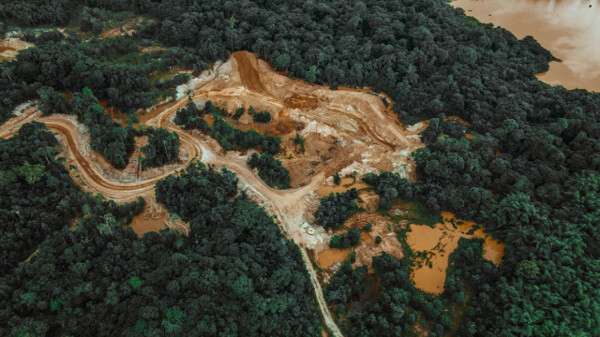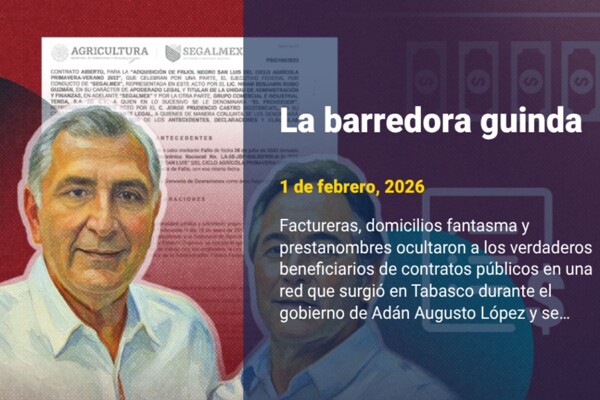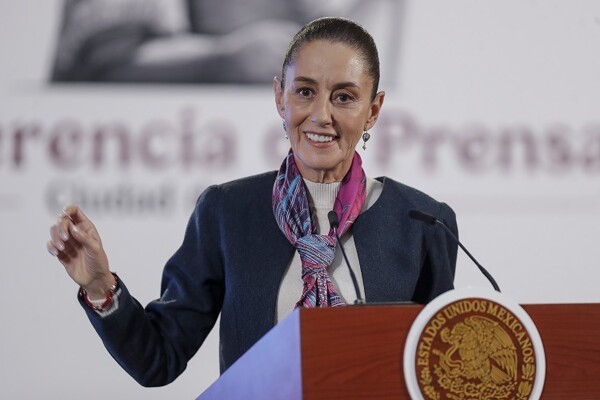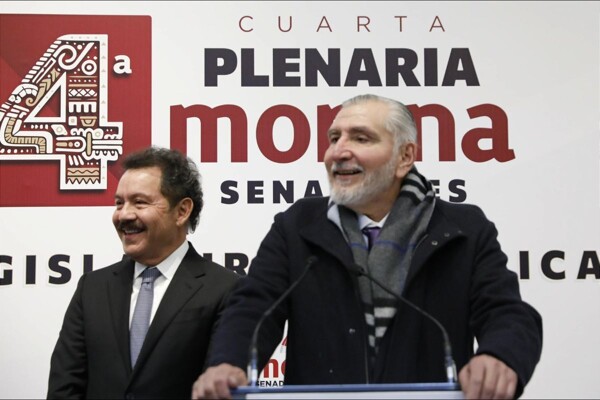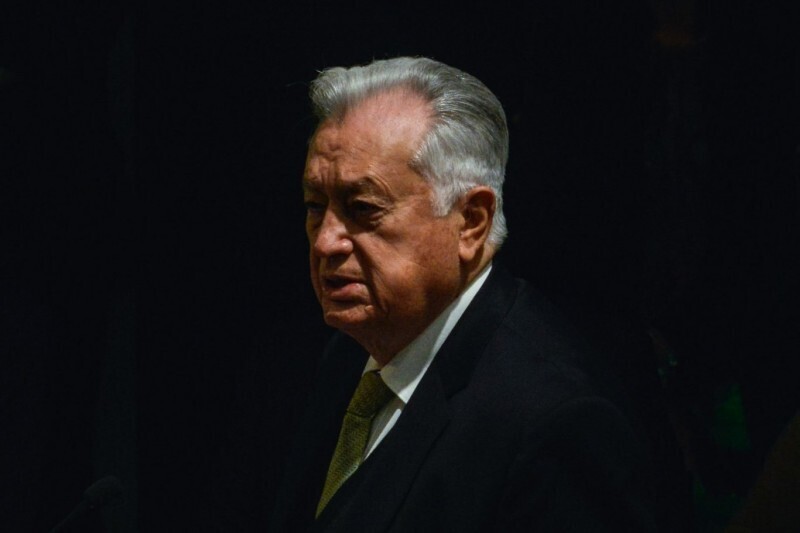
Interviewed on the topic, the Secretary of Citizen Security of Mexico City, Omar García Harfuch, expressed his concern about the transfer of 29 drug lords to the United States, as there was a risk that they could be released by judges. He emphasized that the arrival of Emilia Esther Calleja at the Federal Electricity Commission (CFE) represented a change of course compared to the energy policies driven by Manuel Bartlett.
On the other hand, it has been noted that Caro Quintero received special treatment during his transfer to the United States, being escorted by DEA agents and being handcuffed with the same handcuffs that belonged to Kiki Camarena, a DEA agent who was kidnapped and murdered in 1985. This incident has drawn the attention of U.S. officials who have fought against drug cartels.
Regarding the energy policies promoted by the current administration, it is mentioned that the White House has shown its discontent with the decisions made in this area, which seek greater national sovereignty in the purchase of fuels from the United States. The creation of the Olmeca Refinery in Dos Bocas and the acquisition of 13 power plants by the CFE from Iberdrola are highlighted as successful actions in this regard.
The case of Bartlett Díaz, former director of the CFE, has been controversial, particularly after the declassification of a memorandum linking the former Secretary of the Interior to drug traffickers involved in the murder of Enrique "Kiki" Camarena. Despite the accusations, Bartlett has denied his involvement in these events.
Ultimately, it has been mentioned that Bartlett threatened to sue a journalist for revealing the contents of the memorandum and for the possible legal implications he might face. Jesús Esquivel, correspondent for the magazine Proceso at the White House, confirmed the existence of the State Department document that mentioned Bartlett in relation to the Camarena case, although the degree of the former official's involvement in the incident had not been determined.











